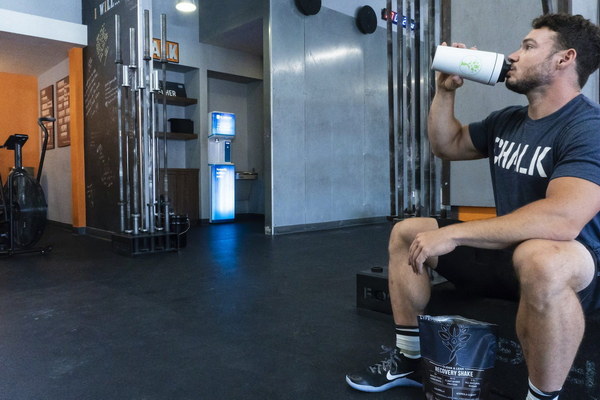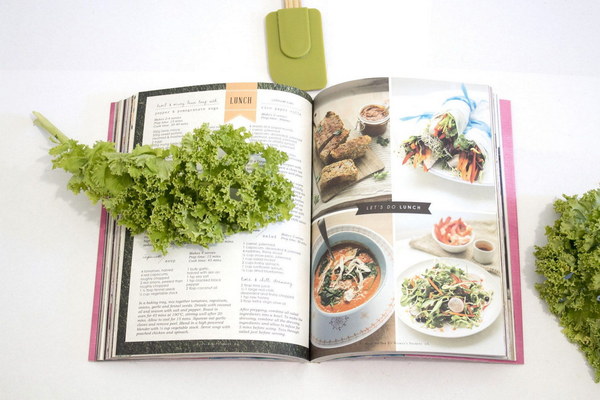Summer Heatstroke Prevention and Health Preservation A Comprehensive Guide
As the summer approaches, the temperature soars, bringing along with it the risk of heatstroke and other heat-related illnesses. To ensure a healthy and comfortable summer, it is crucial to understand the basics of heatstroke prevention and health preservation. This article aims to provide a comprehensive guide based on the summer heatstroke prevention and health preservation knowledge lecture materials.
I. Understanding Heatstroke
Heatstroke is a serious condition caused by prolonged exposure to high temperatures, leading to a dangerous rise in body temperature. Symptoms include dizziness, nausea, confusion, rapid breathing, and high body temperature. In severe cases, heatstroke can result in brain damage, organ failure, and even death.
II. Prevention Tips
1. Stay Hydrated: Drink plenty of water throughout the day, even if you do not feel thirsty. Avoid sugary drinks and caffeine, as they can dehydrate you.
2. Seek Shade: Spend as much time as possible in the shade or air conditioning. Wear a wide-brimmed hat and UV-blocking sunglasses when outdoors.
3. Dress Appropriately: Wear lightweight, breathable, and light-colored clothing. Avoid tight-fitting clothes, which can trap heat.
4. Take Regular Breaks: If you are working or exercising outdoors, take regular breaks to rest in a cool place.
5. Keep Cool: Use fans, air conditioners, and cool towels to keep yourself cool.
6. Be Mindful of Medications: Some medications can increase your risk of heatstroke. Consult your doctor if you are unsure about the side effects of your medications.
7. Monitor Elderly and Young Children: These groups are more susceptible to heat-related illnesses. Keep an eye on them during hot weather.
III. Health Preservation
1. Balanced Diet: Consume a balanced diet rich in fruits, vegetables, whole grains, lean proteins, and healthy fats. These foods can help regulate your body temperature and keep you hydrated.

2. Regular Exercise: Engage in regular physical activity to maintain a healthy weight and improve circulation. However, avoid intense exercise during the hottest part of the day.
3. Sleep Well: Ensure you get enough sleep to allow your body to recover and regulate its temperature.
4. Manage Stress: High stress levels can affect your body's ability to regulate temperature. Practice relaxation techniques such as deep breathing, meditation, and yoga.
5. Avoid Alcohol and Smoking: These substances can dehydrate you and increase your risk of heat-related illnesses.
IV. Conclusion
Summertime can be enjoyable, but it is essential to take precautions to prevent heatstroke and maintain good health. By following the guidelines provided in this article, you can ensure a safe and comfortable summer for yourself and your loved ones. Remember, prevention is always better than cure.
In summary, understanding the risks associated with summer heat and implementing effective prevention and health preservation strategies can help you enjoy the summer season without compromising your health. Stay cool, stay hydrated, and stay informed.









